Master book marketing basics to sell more books (book review)
Looking for a book that explains book marketing basics in an easy-to-understand way? I've found it for you. Here's my review.
Affiliate Disclosure: This post contains Amazon Associate links, which means if you click on them and make a purchase, I will receive a couple of pennies (at no extra charge to you).
I never know if I should be relieved or disappointed when I read a book about book marketing that validates what I already know.
The validation is definitely reassuring. But, I do love when the hours I spend reading someone else’s take on the subject gives me a few major “ahas.”
In this case, the lack of new insights for me is because How to Sell Your Book Today: Focus Your Book Marketing for the New Economy by a colleague I met recently, Karen Hodges Miller, is a Book Marketing 101 kind of book. Nearly every author needs a resource like that.
Here’s my take on this book.
Don’t let the book’s description fool you
“How can you sell your book in today’s new world of social distancing?” reads the first sentence of the book’s description. That’s soon followed by “So how do you market your book when you can’t hold an in-person event of more than a few people? Go digital.”
Because of this, I expected How to Sell Your Book Today, published in 2021, to focus completely on online strategies and tactics. It doesn’t though, and that’s okay.
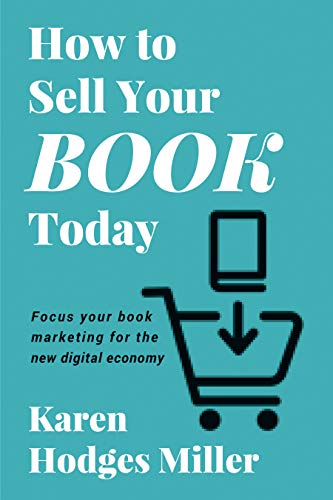 The book includes a fair amount of information on in-person tactics. It felt like Karen wrote the book pre-pandemic, then tweaked the title and description to make it more timely.
The book includes a fair amount of information on in-person tactics. It felt like Karen wrote the book pre-pandemic, then tweaked the title and description to make it more timely.
But because of that “selling books during the COVID lockdown” positioning, I was surprised that the section on book launches included more specific information for in-person events than for virtual launch events. I expected to read tips for creating an engaging Zoom book party, something authors struggle with even today.
The content is relevant even now, as in-person events have returned for many.
What I like most about the book
Chapter 3, “Marketing basics,” is excellent. Its “10 Things to Remember” list that includes “The day you stop marketing your book is the day it stops selling,” is exactly what authors need to hear. I was high-fiving Karen as I read that section.
Karen continually delivers the message that you need to zero in on a specific audience (it’s not “everybody”) and you need to be marketing constantly. We all need to be reminded of these things, and repeating it in the book is a good thing.
One of my favorite sections in the book is Chapter 6, The 100 Review Book Launch.
Definitely follow the recommended process with one exception. Karen says that to get 100 reviews, you have to contact 100 people.
Nope. To get 100 reviews with outreach versus receiving them organically from readers you don’t know, you’ll have to contact more like 1,000 people. You already know that 100% of 100 people you contact won’t read and review the book.
I also appreciate how Karen acknowledges that marketing fiction is just plain harder than marketing nonfiction. She gives novelists a little extra help in Chapter 13, “Marketing Fiction.”
There’s also more information on snagging book publicity than you’ll find in most books like this.
The author’s style is clear, direct, and helpful. She’s that friend who looks over your shoulder to make sure you stay on track and on task.
Where I disagree
Karen’s written a helpful book about book marketing basics. But writing an honest review for you requires that I point out advice I disagree with. (Please forgive me, Karen!)
Don’t add people you know to your newsletter list.
Should you announce your book to everyone in your contacts list? Absolutely. But, as suggested, should you “Start your newsletter list by going through your email contacts and adding their names to the list”? No, no, no.
Sending a book announcement one or two times to your contacts is fine. But emailing them repeatedly without their permission – without them opting-in to your email list – is against FTC guidelines. You could be identified as a spammer.
Don’t hound friends and family to write reviews.
It’s a great way to piss them off. I don’t read science fiction, so pushing me hard to review your science fiction book won’t generate a meaningful review on Amazon or Goodreads.
Will it add to your review count at the top of your sales page? Sure.
Will it create friction in our relationship? You betcha. Is that your goal?
Do the work to find other reviewers instead.
Don’t tempt Amazon.
Also, counter to what the book states, your family can’t review your book. I mean, sure, they can physically write and post one. But it’s against Amazons terms of service and puts your Amazon account – and your book sales – at risk.
Amazon’s customer product reviews policy states that violations include, “A family member or employee of the seller posts a review of the seller’s product or a competitor’s product.”
I understand why Karen recommends this. She believes that it’s unlikely that Amazon will figure out who’s connected to you, so you can probably get away with it.
I, on the other hand, have never gotten away with anything. When taking food out of the dining hall was prohibited my freshman year of college, I tried to smuggle a sandwich out in my purse anyway.
I didn’t get away with it.
My penalty was embarrassment. Yours might be losing access to the retailer that sells more books than any other site online.
Buy the book for book marketing basics
If you’re new to book marketing, How to Sell Your Book Today will help you. It’s an excellent, thorough, overview. And, importantly, it’s not overwhelming.
I think you’ll like it.
This book will help even if you aren’t a new author, too. There are specific sections, including the information on getting reviews, that will help all authors.
If you get even just a few gems from How to Sell Your Book Today that you can use for your book, the value will be far, far more than the $3.99 e-book price.
What’s the best book you’ve read on any topic related to book marketing? Please tell us in a comment.

Subscribe to the free Build Book Buzz newsletter and get the free special report, “Top 5 Free Book Promotion Resources,” immediately!

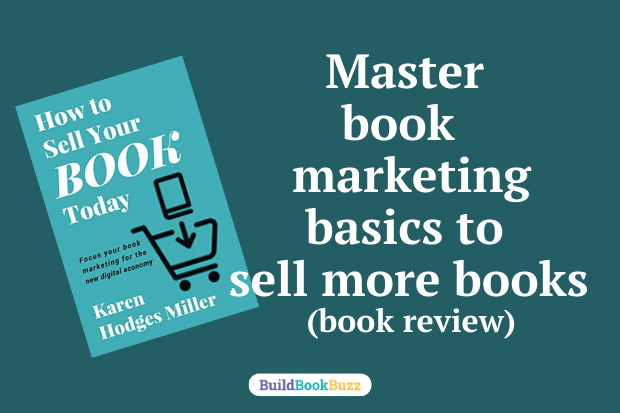
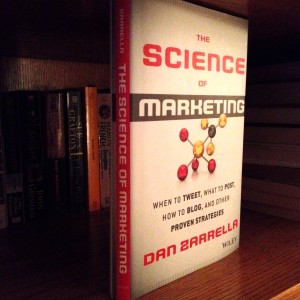
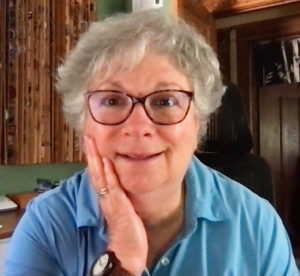
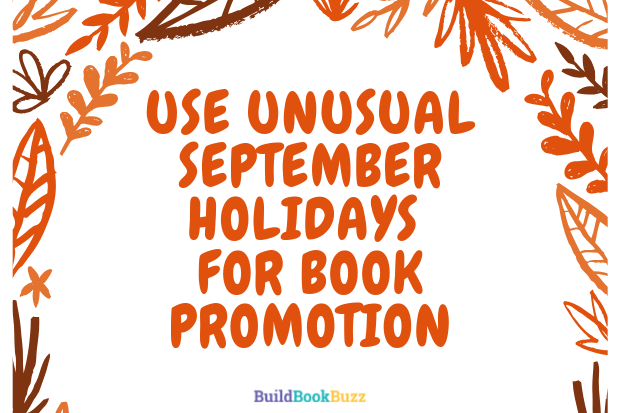

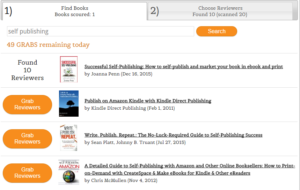
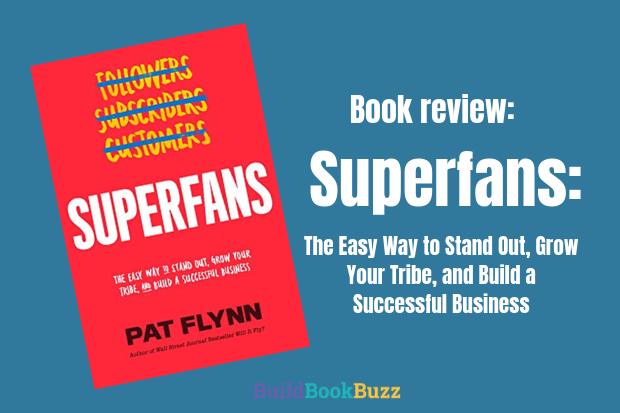
David Gaughran‘s books and marketing wisdom beats (almost) all other advice hands down.
Thanks, Birgit!
Sandy
Oh my gosh, — like you, Sandra — the advice for adding people you know to your email list fills me with dismay. How can this myth still be out there?
However, I like that there is separate advice for fiction vs nonfiction: I would love to see more discussion of these differences in the “how to market your book” space.
PS – a book I really liked on marketing is “Reach” by Becky Robinson.
Thanks for the book recommendation!
Sandy
Pauline, I’ll flip that and say that a lot of what works for nonfiction also works for fiction, but if it isn’t labeled “for fiction,” many fiction writers won’t consider doing it. Here’s an example: https://buildbookbuzz.com/guest-blogging-audience-novelists/
It’s a real loss for those who don’t ask, “Can I apply this to what I’m doing?”
Sandy
Sandy